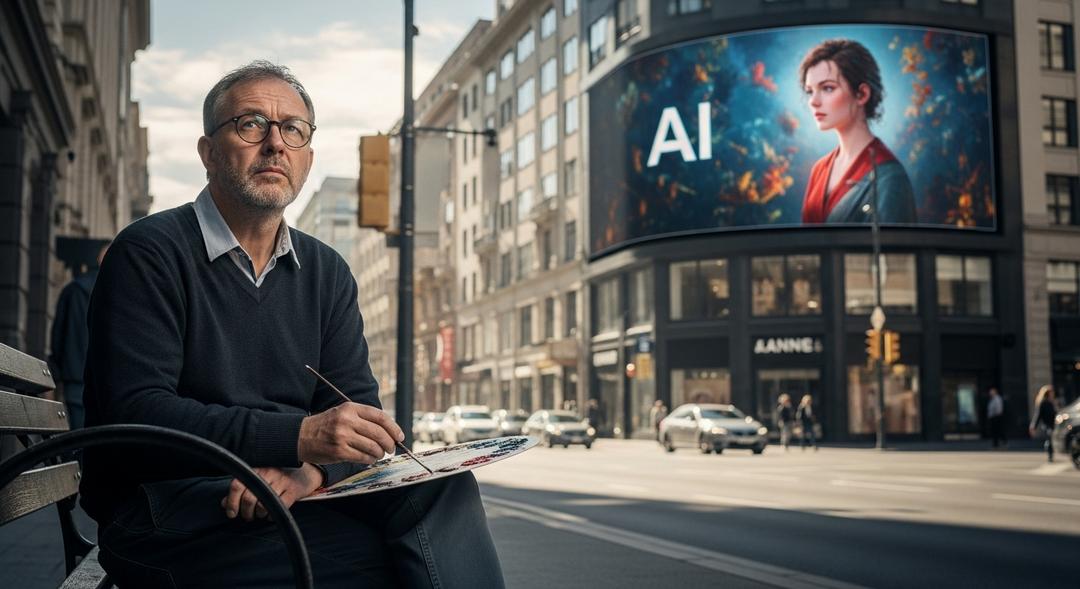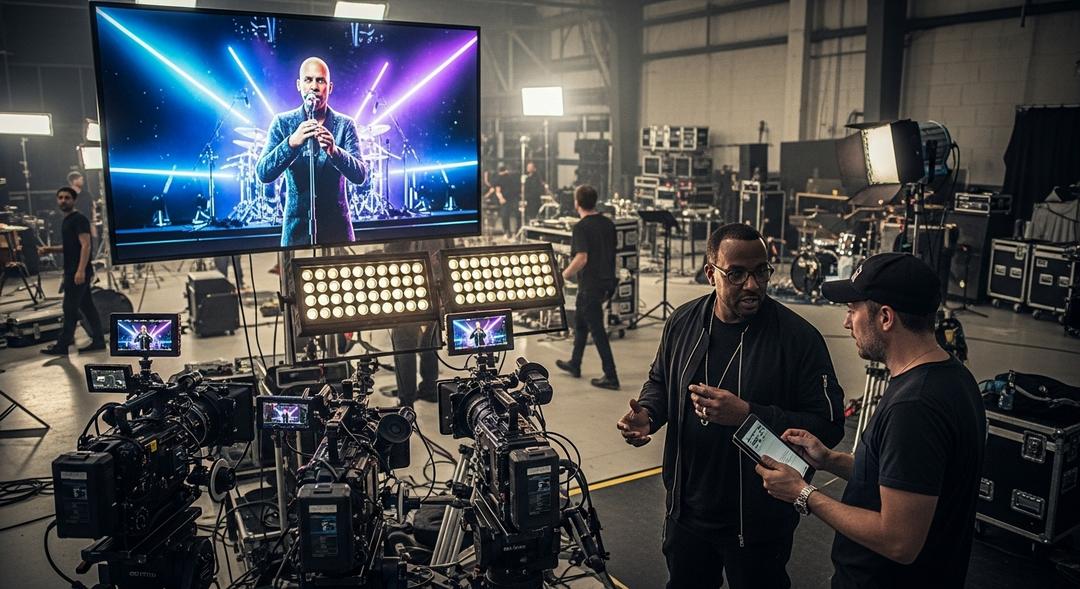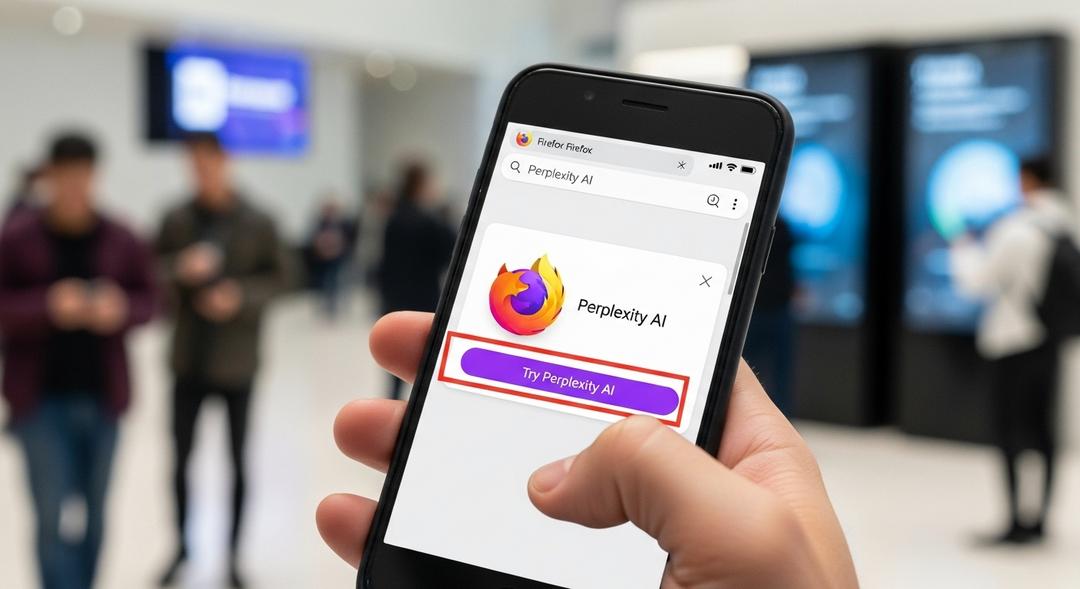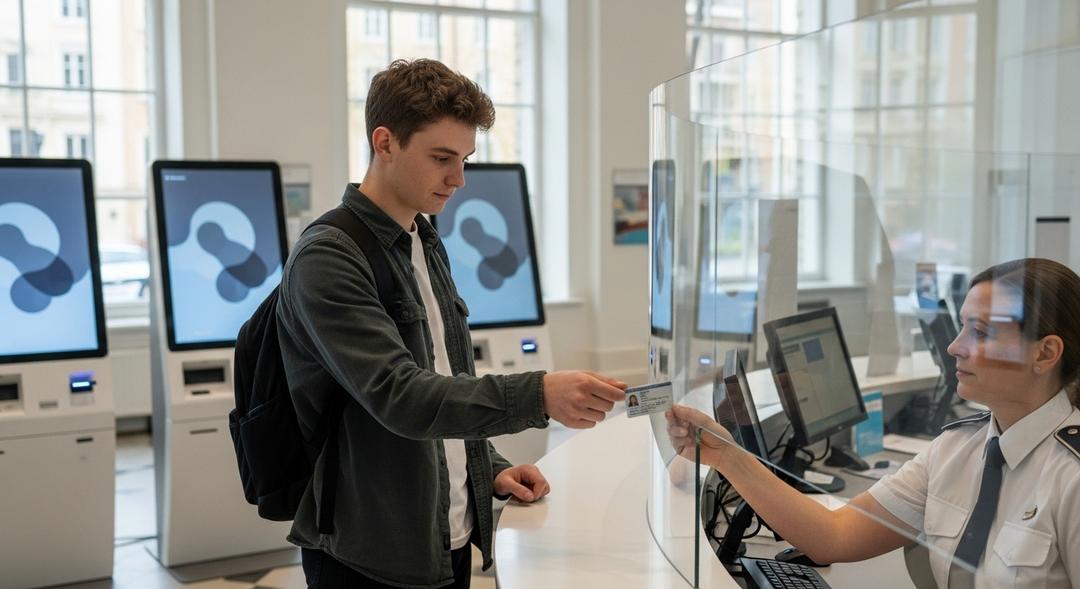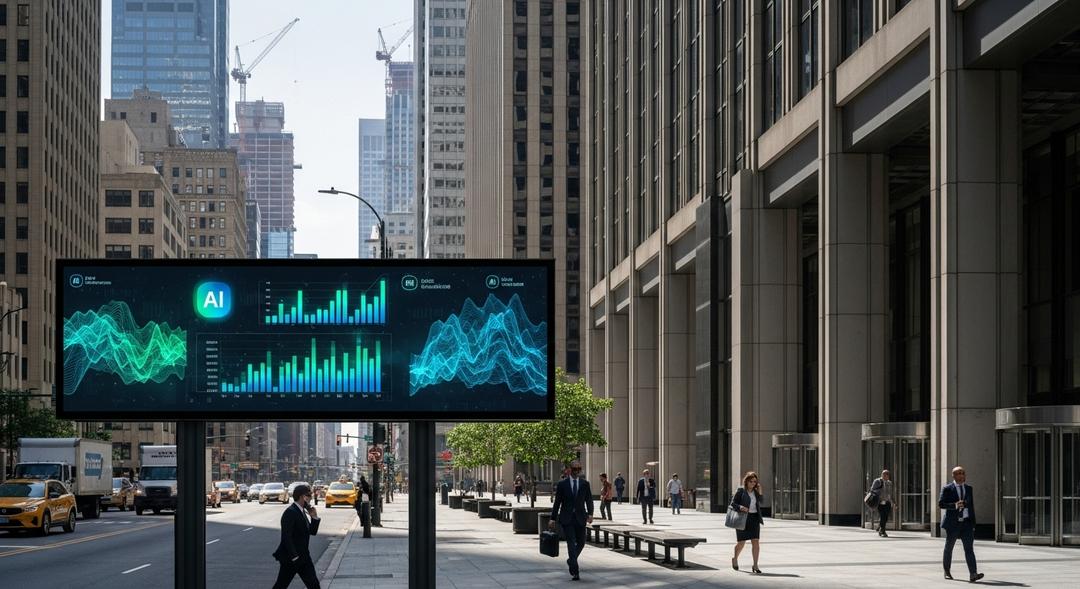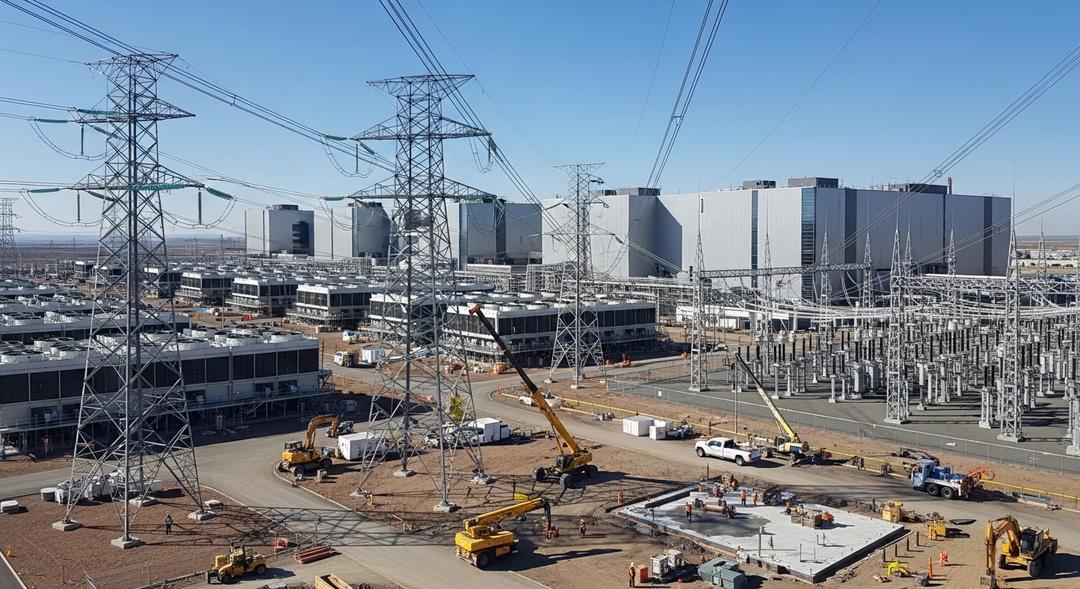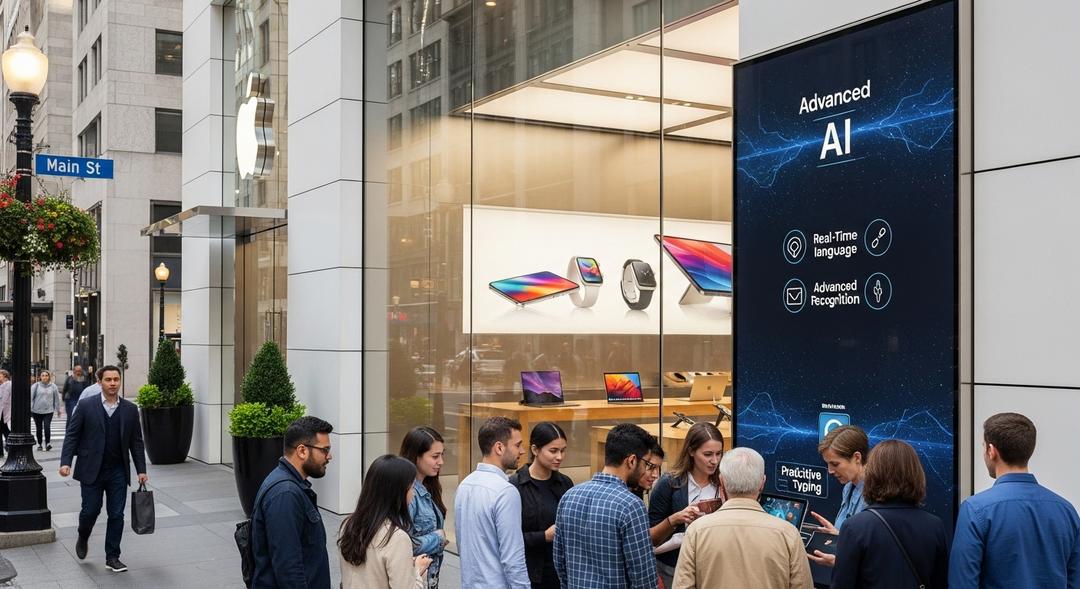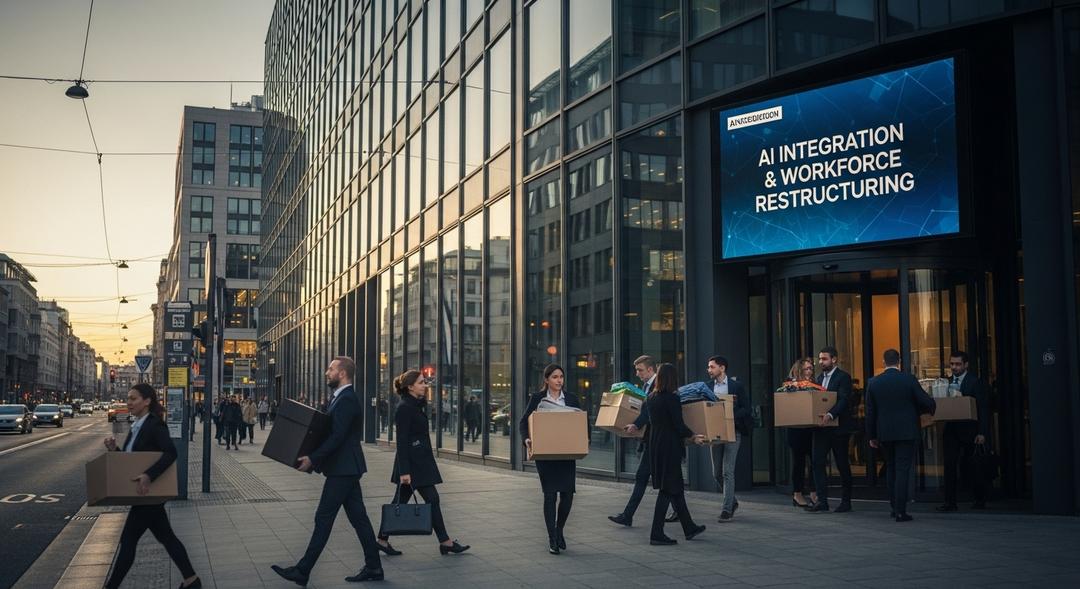The workplace is already feeling the tremors from artificial intelligence’s rapid rise.
Dario Amodei, chief executive at Anthropic, paints a concerning picture for those just starting out in business, finance or technology. He warns that as many as half of entry level office positions could vanish within the next few years.
If organizations and governments avoid tough conversations and fail to plan, Amodei estimates unemployment could climb significantly. For him, honesty is the only way to help people get ready for a future where software can handle much of the menial office work.
Debate Among the Leaders
Not everyone sees a grim future. Nvidia’s top executive, Jensen Huang, is far less worried than Amodei. He sees job transformation rather than total job loss, arguing that technology has always changed how people work.
In Huang’s opinion, new roles will surface as artificial intelligence takes on repetitive chores. Demis Hassabis, who helped create DeepMind, agrees and adds that people who harness artificial intelligence rather than fear it will thrive into the next decade.
Yann LeCun, leading the artificial intelligence efforts at Meta, is firmly in the optimist camp. He believes, “Our relationship with future AI systems is that we’re going to be their bosses.” LeCun expects that humans will guide technology, not the other way around.
But for Geoffrey Hinton, who shaped the early days of artificial intelligence research, the outlook is definitely more nervous. He points to the growing ability of machines to handle even mental and logical tasks, saying, “For mundane intellectual labor, AI is just going to replace everybody.”
Hinton is not convinced all jobs are safe. He believes those relying on manual skills are less threatened, since machines are not ready to take on such roles.
Sam Altman, the leader at OpenAI, wants to keep the discussion grounded in reality. He says artificial intelligence “will totally take some jobs away and create a bunch of new ones.” Altman looks ahead to an era where robots could replace human workers in surprising settings, but also thinks whole new sectors will arise because of these advances.
Experts appear to agree on one thing: the workplace is already changing, and artificial intelligence will only accelerate that shift. Some urge caution. Others see opportunity. No one, though, expects things to stay the same.
For readers interested in the latest related research, Anthropic’s official technical research updates and in-depth coverage of declining tech entry-level jobs provide further insight into these workforce changes.
